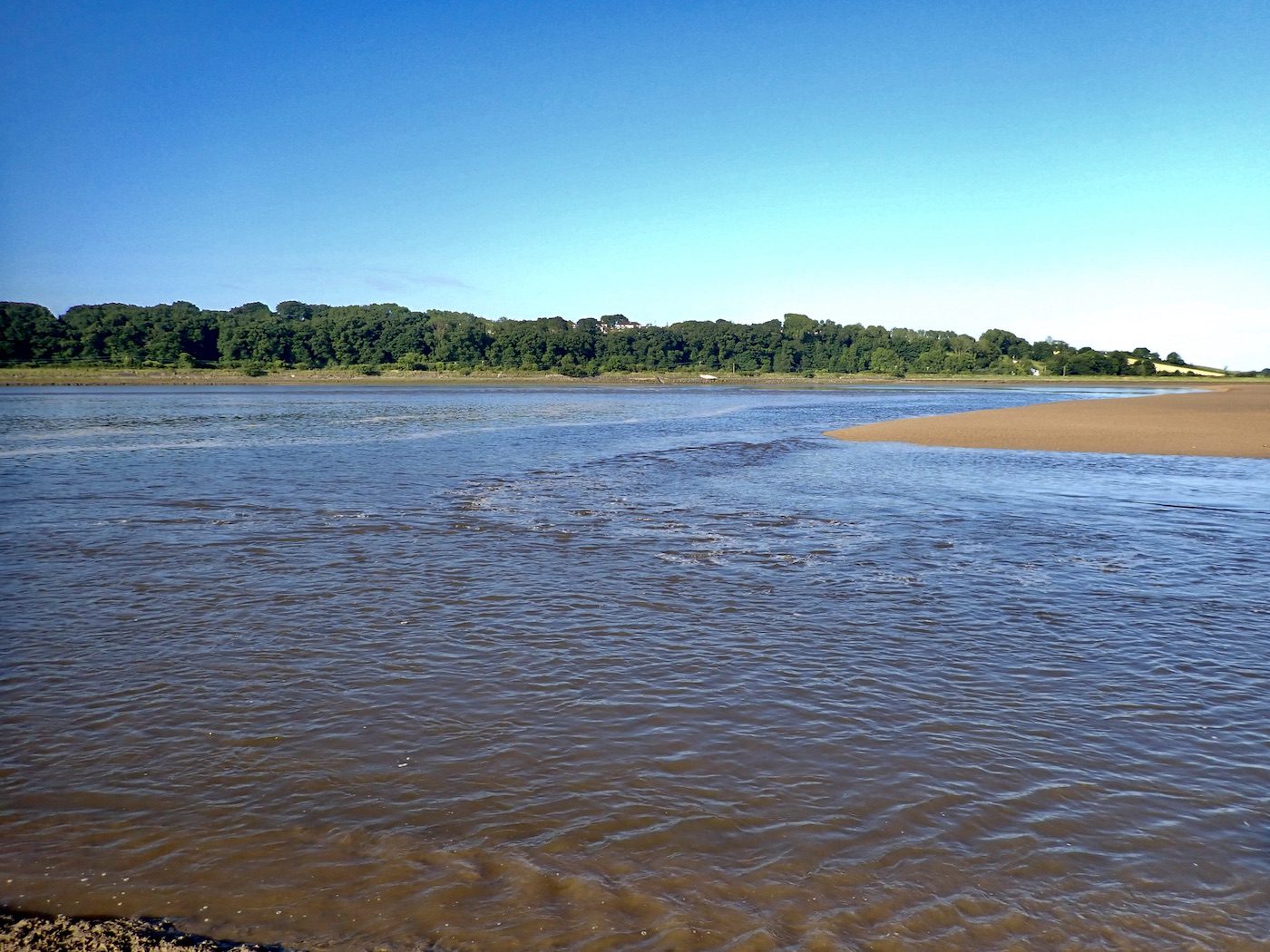
It is vital that stakeholders speak up and put across their views. There is a great deal of apathy across many sectors of society but one thing is certain those who do not speak will not be heard. The constant raising of the state of our rivers and seas across the media in regard to sewage pollution highlights how issues can be brought higher on the agenda.
As anglers across North Devon I feel sure we have seen a great benefit in the total ban on netting in estuaries. Those who believe this to be the case sould write to the D & S IFCA expressing their thoughts. See below statement from the D & S IFCA
The Review of the Netting Permit Conditions
Have Your Say

What is this about?
D&S IFCA is the body responsible to manage the exploitation of sea fisheries resources in this district which includes the areas of Devon, Somerset, Gloucestershire County Councils; Bristol and Plymouth City Councils; North Somerset and South Gloucestershire Councils and all adjacent waters out to six nautical miles offshore or the median line with Wales.
D&S IFCA manages netting activity via the Netting Permit Byelaw. The Byelaw allows permits to be issued that contain conditions of use for those engaged in netting activity.
D&S IFCA must review the existing Netting Permit Conditions and has a duty to consult in writing with permit holders and such other stakeholders, organisations and persons as appear to the Authority to be representative of the interests likely to be substantially affected by the proposed future management options.
Your view is important and D&S IFCA is inviting you to be involved in the review and have your say. We are directly contacting everyone on our mailing list and giving you options on how to respond. All stakeholders can respond even if they don’t have a Netting Permit.
The review of the Netting Permit Conditions will be an extended process, including collating information and evidence, and decision making by D&S IFCA’s Byelaw and Permitting Sub-Committee (B&PSC). The review may or may not lead to changes to the existing Netting Permit Conditions.
D&S IFCA manages netting activity via the Netting Permit Byelaw. The Byelaw allows permits to be issued that contain conditions of use for those engaged in netting activity.
D&S IFCA must review the existing Netting Permit Conditions and has a duty to consult in writing with permit holders and such other stakeholders, organisations and persons as appear to the Authority to be representative of the interests likely to be substantially affected by the proposed future management options.
Your view is important and D&S IFCA is inviting you to be involved in the review and have your say. We are directly contacting everyone on our mailing list and giving you options on how to respond. All stakeholders can respond even if they don’t have a Netting Permit.
The review of the Netting Permit Conditions will be an extended process, including collating information and evidence, and decision making by D&S IFCA’s Byelaw and Permitting Sub-Committee (B&PSC). The review may or may not lead to changes to the existing Netting Permit Conditions.
- The information gathering exercise starts on 19th May 2023
- The information gathering exercise ends on 30th June 2023.
What is covered by the current Netting Permit Conditions?
The existing Netting Permit Conditions regulate netting within estuaries and at sea in the D&S IFCA District. The Netting Permit Conditions apply to both commercial fishers (Category One Permit) and recreational fishers (Category Two Permit) and the restrictions are tailored to these diffing sectors.
The Netting Permit Conditions and Annexes (charts) can be viewed in full by using the links below or visiting the D&S IFCA website.
The Netting Permit Conditions and Annexes (charts) can be viewed in full by using the links below or visiting the D&S IFCA website.
Summary of the key current restrictions
- No drift or fixed nets are authorised within any of the estuaries.
- A series of coastal zones at sea that prohibit the use of fixed surface nets.
- Minimum sizes for shellfish and bass.
- Protection for berried crab, lobster and spiny lobster.
- A limitation on the removal of parts of crabs (claws).
- A bag limit for recreational fishers (2 lobsters and 3 crabs per calendar day).
- Gear marking requirements (floating markers and flags for fixed nets).
- A 25-metre maximum length for nets at sea operated by recreational fishers.
- Net tags requirement for recreational fishers.
- No removal of spiny lobster from defined Marine Protected Areas.
- No netting authorised in an area surrounding Lundy Island.
How to have your say?
The consultation is not a questionnaire. This phase one consultation has no focussed or specific items, but it does give all stakeholders the opportunity to examine the present Netting Permit Conditions, see how netting is being managed by D&S IFCA and respond accordingly.
The following prompts may help you provide a response:
- What is your interest in the review?
- How did you find out about this review?
- What changes do you think should be made (if any) to the Permit Conditions and why should there be changes?
- What works well from your point of view and why?
- What doesn’t work so well and why?
- Please provide any supporting information or evidence to support your response.
- Are you on our mailing list and would you like to be added if not already?
Please respond by emailing or writing to us and please call if you need further information or to speak to an Officer.
Email: [email protected]
Telephone: (Neil Townsend) – 07590 224011 or 01626 331589
Telephone IFCA Office: 01803 854648
Email: [email protected]
Telephone: (Neil Townsend) – 07590 224011 or 01626 331589
Telephone IFCA Office: 01803 854648
